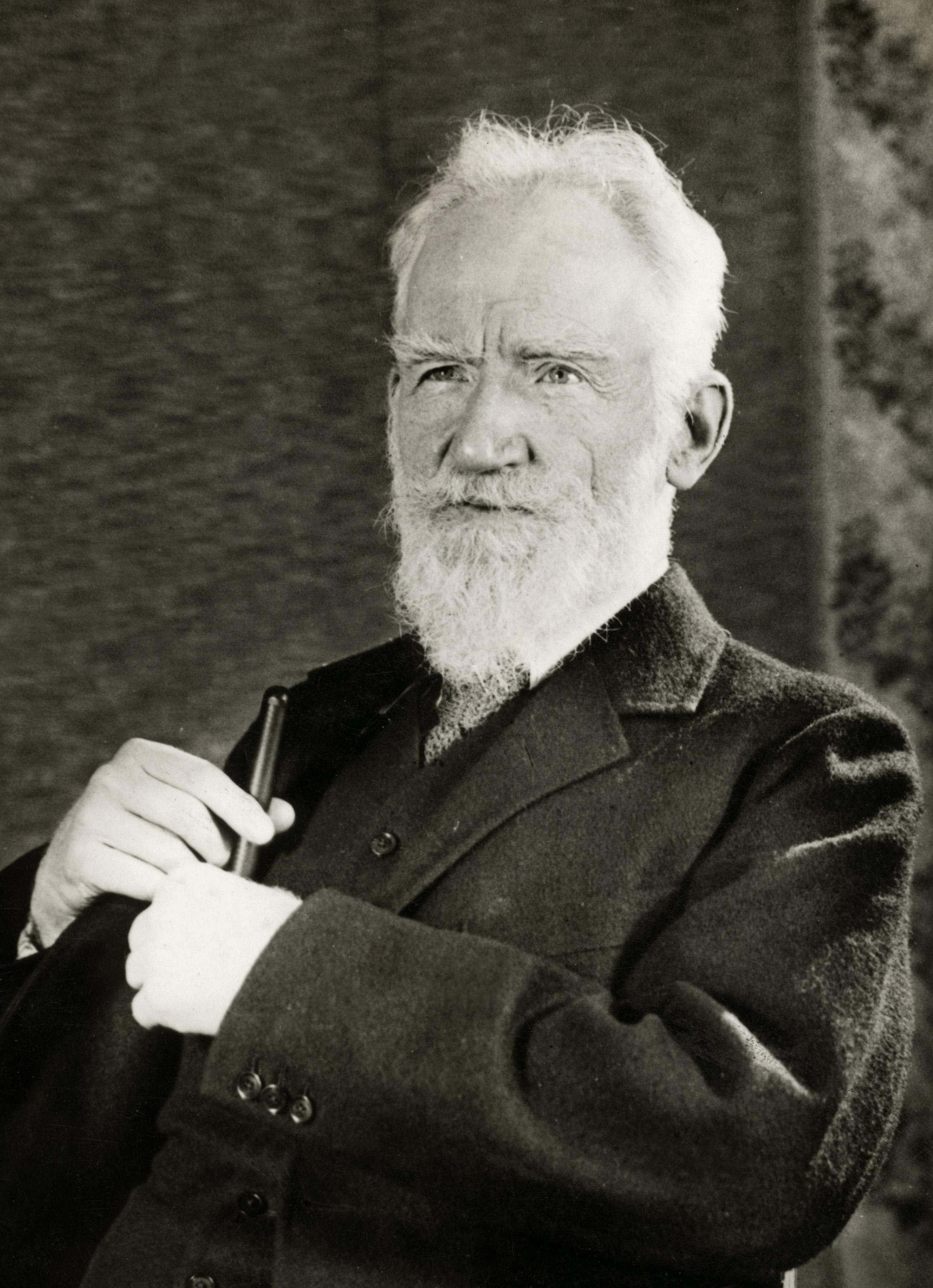 Later that day a young seminarian, who was helping the hospital out over the summer (on his break from his studies in Rome), came into my room and sat with me. He spoke with me for several hours. By the end of the conversation I had decided that I would listen to the doctors and take any treatment the doctors had in mind. I have never shared what that seminarian shared with me, because that was the moment my eyes were opened to joy.
Later that day a young seminarian, who was helping the hospital out over the summer (on his break from his studies in Rome), came into my room and sat with me. He spoke with me for several hours. By the end of the conversation I had decided that I would listen to the doctors and take any treatment the doctors had in mind. I have never shared what that seminarian shared with me, because that was the moment my eyes were opened to joy.
I will share a small snippet of his words of wisdom. He told me to realize that life was exactly the way it was supposed to be. He said that, if I did not compare my life to something that was before or could be again, I would realize that this was the only way it could be. I am neither worse nor better than any other man, I am simply me, I am exactly what I am supposed to be. This is my normal.
 In the Russian Orthodox Church there is a text held in high esteem about a simple man seeking the meaning of St. Paul's command to "pray without ceasing". The Way of a Pilgrim, the title of said Russian text, paints a beautiful picture of a humble soul who learns that one cannot teach another to "pray without ceasing"- it must be learned through experience. But, through the lessons of experienced spiritual masters he learns, at least, the Jesus Prayer, "Lord Jesus Christ, Son of the living God, have mercy on me, a sinner!" The masters exhort the poor pilgrim to repeat these words over and over, without ceasing. By the end of the tale he is saying the prayer without even thinking about it and his mind is totally absorbed with the thought of Christ and the mercy he seeks from the good Savior. He is praying without ceasing.
In the Russian Orthodox Church there is a text held in high esteem about a simple man seeking the meaning of St. Paul's command to "pray without ceasing". The Way of a Pilgrim, the title of said Russian text, paints a beautiful picture of a humble soul who learns that one cannot teach another to "pray without ceasing"- it must be learned through experience. But, through the lessons of experienced spiritual masters he learns, at least, the Jesus Prayer, "Lord Jesus Christ, Son of the living God, have mercy on me, a sinner!" The masters exhort the poor pilgrim to repeat these words over and over, without ceasing. By the end of the tale he is saying the prayer without even thinking about it and his mind is totally absorbed with the thought of Christ and the mercy he seeks from the good Savior. He is praying without ceasing.
During Lent we all place upon ourselves outrageous or simple trials and tasks that seem appropriate for the fast, and often we stop living these penances on Sundays and stop living them completely when Easter comes. We follow these traditions only because they are the traditions, not because we wish to live better for love of Christ. We often forget that Lent is a time for learning, a time for learning how to serve God better in this world.
If I spend everyday not eating meat, I will soon lose a taste for it. If I spend everyday not surfing the web, I will soon lose the need to do it so often. If I repeat the words: "Lord Jesus Christ, Son of the living God, have mercy on me", I will soon be saying it every moment without difficulty.
So I ask this of you: will you accept the new, more austere way that you live during Lent as your new every day existence or will you stop living it after Easter? Would you accept the new normal and not compare to the way things have been? Or will you pine after the earthly pleasures of days gone by?
